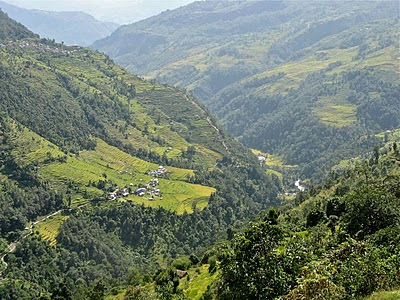So far you have to say that the fallout from the rejection of the "Ley Sinde", which would allow the government to close down websites, may just produce some positive effects. The government has already made it clear that it intends to try and reintroduce the legislation in the Senate by attempting a deal with the Partido Popular. That's the downside.
The brighter side is that it seems that there is at last some dialogue on the issue. When the law was originally proposed the government went through the motions of talking to opponents of the law following the storm of protest it provoked. However, it seems that this was just for show as they didn't subsequently change any fundamental part of the legislation. The dialogue that began today has instead been an initiative from film director Alex de la Iglesia, and both sides of the debate seem fairly happy with their initial meeting. This raises the possibility of some understanding on an issue that has so far been driven solely by the interests of the major entertainment companies.
Another development has been the cracks that have appeared in the facade of unity amongst those who opposed the law. It was always a myth propagated by those who wanted the Ley Sinde that their opponents were all in favour of "todo gratis" and wanting to prevent creative talents from being able to make any income from what they produced. The other day former Público editor Ignacio Escolar decided to investigate a bit one of the most popular Spanish download websites, called Series Yonkis. Escolar was trying to get some idea of how much income a site like this actually earns, given the accusations flying around about people becoming millionaires from pirating other people's work.
His investigation provoked huge indignation amongst many users of the site, who tried to label him as an ally of culture minister Sinde. Escolar has in reality been a strong opponent of the Ley Sinde, but this didn't seem to matter as Twitter rage took over for a couple of days. It's been a useful exercise, because it suggests that these sites are not necessarily huge earners and also because it has separated those who do believe in the "todo gratis" idea from those who accept the idea of artists being remunerated but reject the notion that this should be guaranteed by giving exceptional administrative powers to a government committee dominated by the industry.
Whether the government will take any notice of these developments is another matter, but if the dialogue that started today is allowed to influence the legislative process it may just be possible for Spain to have one of the best laws concerning intellectual property rights in the digital age.






























